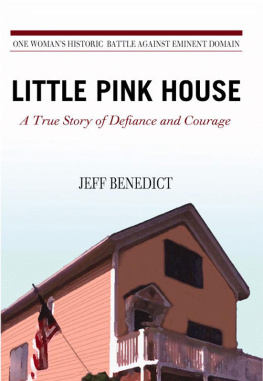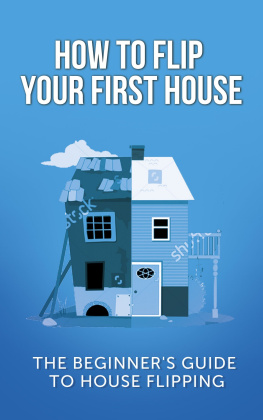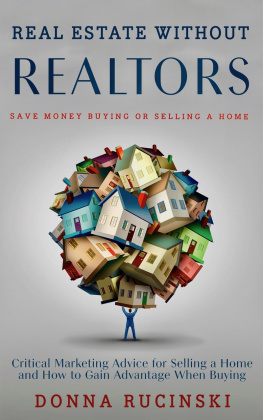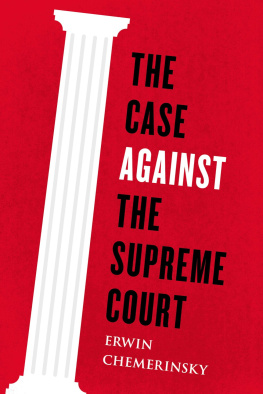Copyright 2009 by Jeff Benedict Enterprises LLC
All rights reserved. Except as permitted under the U.S. Copyright Act of 1976, no part of this publication may be reproduced, distributed, or transmitted in any form or by any means, or stored in a database or retrieval system, without the prior written permission of the publisher.
Grand Central Publishing
Hachette Book Group
237 Park Avenue
New York, NY 10017
Visit our Web site at www.HachetteBookGroup.com .
First eBook Edition: January 2009
Grand Central Publishing is a division of Hachette Book Group, Inc.
The Grand Central Publishing name and logo is a trademark of Hachette Book Group, Inc.
ISBN: 978-0-446-54444-3
Contents
Also by Jeff Benedict
The Mormon Way of Doing Business: How Eight Western Boys Reached the Top of Corporate America Out of Bounds: Inside the NBAs Culture of Rape, Violence, and Crime No Bone Unturned: The Adventures of a Top Smithsonian Forensic Scientist and the Legal Battle for Americas Oldest Skeletons Without Reservation: How a Controversial Indian Tribe Rose to Power and Built the Worlds Largest Casino Pros and Cons: The Criminals Who Play in the NFL (with co-author Don Yaeger) Athletes and Acquaintance Rape Public Heroes, Private Felons: Athletes and Crimes Against Women
To Josephine, my grandmother.
I wrote much of this book in the attic of her home. Many afternoons she trudged up the attic steps and quietly placed a grilled-cheese sandwich on my desk before saying, You keep writing, kid. She knew I didnt have time to stop for lunch. My grandmother loved this story and couldnt wait to read the finished product. Sadly, she never will. On January 15, 2008, Josephine died suddenly, shortly before I finished writing. If only I could have written faster.
E minent domain is the governments power to take private property for public use. Nobody particularly likes it. But occasionally its essential to make way for roads, schools, hospitals, and the like. And Americans accept this practice as long as deprived property owners receive due process and just compensation. Under the Fifth Amendment, thats been the American way since the Framers drafted our Constitution.
But the Supreme Court changed the rules in 2005 when it decided Kelo v. City of New London. Now local and state governments can take private property from an individual and transfer it to a private developer in hopes of generating more tax revenue or creating jobs. The Kelo decision equated these public benefits with public uses .
Under this interpretation, theres no telling where the governments power to take private property ends. The specter of condemnation hangs over all property, Justice Sandra Day OConnor wrote in a blistering dissent in Kelo . Nothing is to prevent the State from replacing any Motel 6 with a Ritz-Carlton, any home with a shopping mall, or any farm with a factory.
The Kelo case is infamous. But the stirring story behind what drove Susette Keloa divorced nurseto take on a powerful governor, a billion-dollar corporation, and a hard-charging development agency to save her pink cottage is a hidden drama that begs to be exposed. On one level, its a uniquely American saga about power and defiance that makes the Supreme Court decision even harder to swallow. But at its core, this story is about pride, a virtue that breeds self-respect and a condition that is first among the seven cardinal sins.
Little Pink House is an inside account of how a political street fight over a neighborhood escalated into a high-stakes federal case. Its the unsanitized version that the Supreme Court never heard. And its told by the people who lived itthe residents whose homes were taken; the local officials who authorized the takings; the development agency that designed the plan; the state officials who supplied the money; a Fortune 500 company that stood to benefit; and lawyers who fought ferociously over whether this was right or wrong. All of these parties cooperated for this book.
Between November 2005 and March 2008, I conducted close to three hundred on-the-record interviews. I also received via e-mail well over one hundred written responses to factual queries I posed to participants. Most of these queries involved detailed follow-up questions to prior interviews.
I also had access to deposition transcripts, video and audio recordings of meetings and events, and many documents (internal corporate correspondence, internal government memos, and lawyers private notes), as well as private papers and correspondence, such as journals, diaries, and e-mails. In all, I obtained enough documentsincluding voluminous records obtained under the freedom-of-information laws, court papers, press reports, and photographs and mapsto fill more than a dozen large, plastic storage containers.
My primary objective in this is to tell a compelling story that is true to the characters who shaped this historic case. I am deeply grateful to individuals on all sides who afforded me their time and helped me understand this complex story about people whose struggle ultimately shifted one of the most enduring principles of our democracy.
Perhaps no writer had more influence on English common law and American jurisprudence than seventeenth-century English jurist Sir Edward Coke. He penned one of the most famous lines of all time: A mans house is his castle et domus sua cuique est tutissimum refugium. The Latin portion of the sentence is less well known. The loose translation is: and where shall a man be safe if it be not in his own house?
Amazingly, after Kelo v. City of New London , Cokes comment may be more relevant now than when the American colonists rebelled against the king.
Jeff Benedict April 8, 2008 Buena Vista, Virginia
THE PRINCIPALS
John G. Rowland, governor of Connecticut
Peter N. Ellef, chief of staff to Governor Rowland
Jay B. Levin, lobbyist and attorney
George Milne Jr., president of Pfizer, Inc.
Dr. Claire Gaudiani, president of New London Development Corporation and Connecticut College
Susette Kelo, lead plaintiff
Billy Von Winkle, plaintiff
Matt Dery, plaintiff
Rich Beyer, plaintiff
Byron Athenian, plaintiff
Michael Cristofaro, plaintiff
I NSTITUTE FOR J USTICE
Chip Mellor, president
Scott Bullock, attorney
Dana Berliner, attorney
John Kramer, communications director
C ITY OF N EW L ONDON
Lloyd Beachy, mayor
Tom Londregan, attorney
Tony Basilica, Democratic Party chairman
N EW L ONDON D EVELOPMENT C ORPORATION (NLDC)
David Goebel, chief operating officer
Stephen Percy, member of the board of directors
Mathew Greene, chief counsel
Edward OConnell, outside counsel
C OALITION TO S AVE F ORT T RUMBULL
Kathleen Mitchell, speech writer and organizer for Susette Kelo
John and Sarah Steffian, financiers behind the litigation effort
Professor Fred Paxton, co-chairman of the coalition
Steve and Amy Hallquist, grassroots opposition leaders
Attorney Scott Sawyer, legal strategist for the local opposition
O THER K EY P LAYERS
Reid MacCluggage, publisher of the Day newspaper
The Honorable Thomas J. Corradino, trial judge in Kelo v. City of New London
Jim Serbia, real-estate manager of Pfizers research division
SUPPORTING CAST
S TATE OF C ONNECTICUT O FFICIALS
M. Jodi Rell, governor of Connecticut
Ron Angelo, special negotiator for the governor
Robert Albright, mediator for the governors office
O THER S UPPORT R OLES
Wesley W. Horton, argued before the U.S. Supreme Court on behalf of the City of New London
Aldo Valentini, head of the Italian Dramatic Club
Judge Angelo Santaniello, negotiator for the Italian Dramatic Club
John Markowicz, member of the U.S. Navy base reuse committee
Next page






